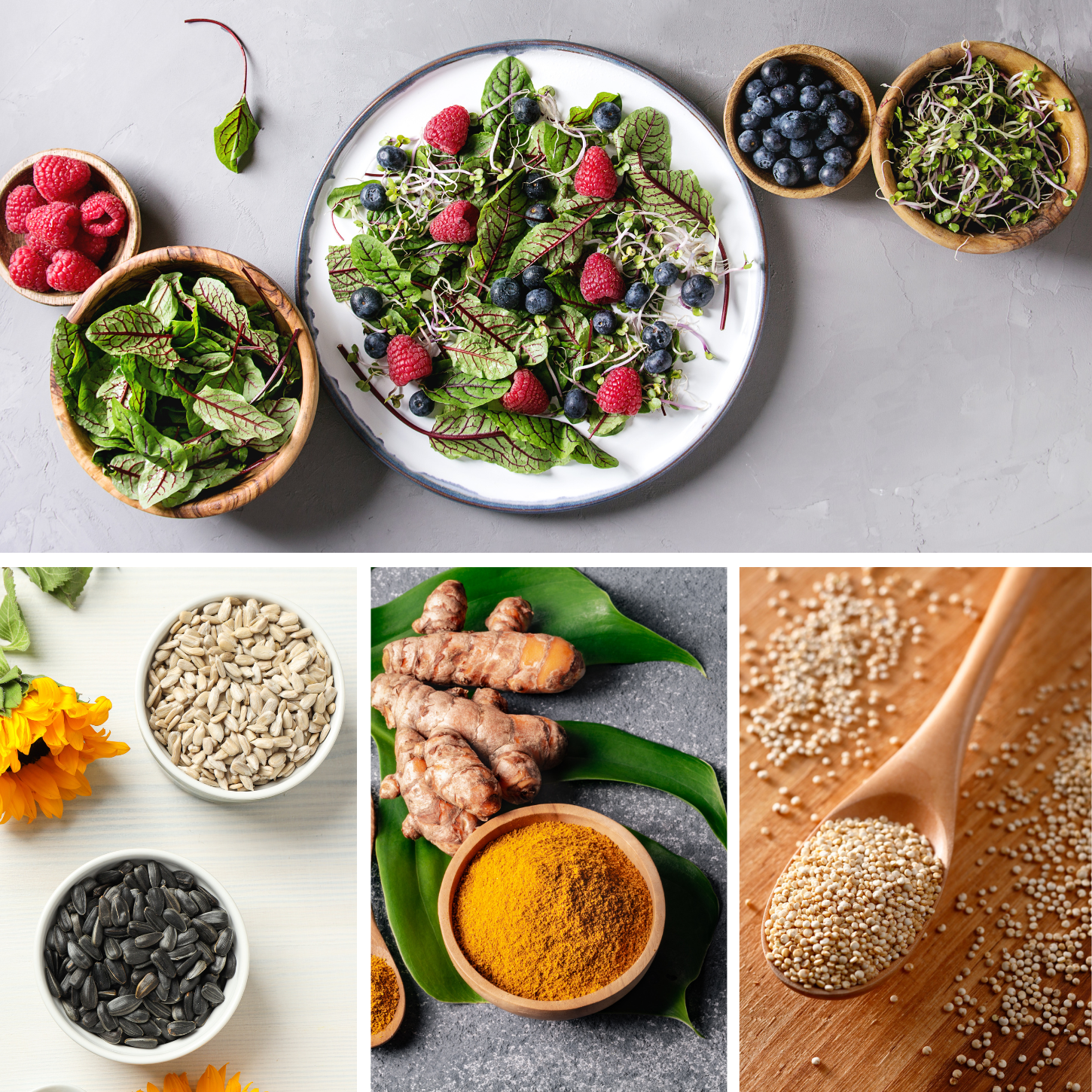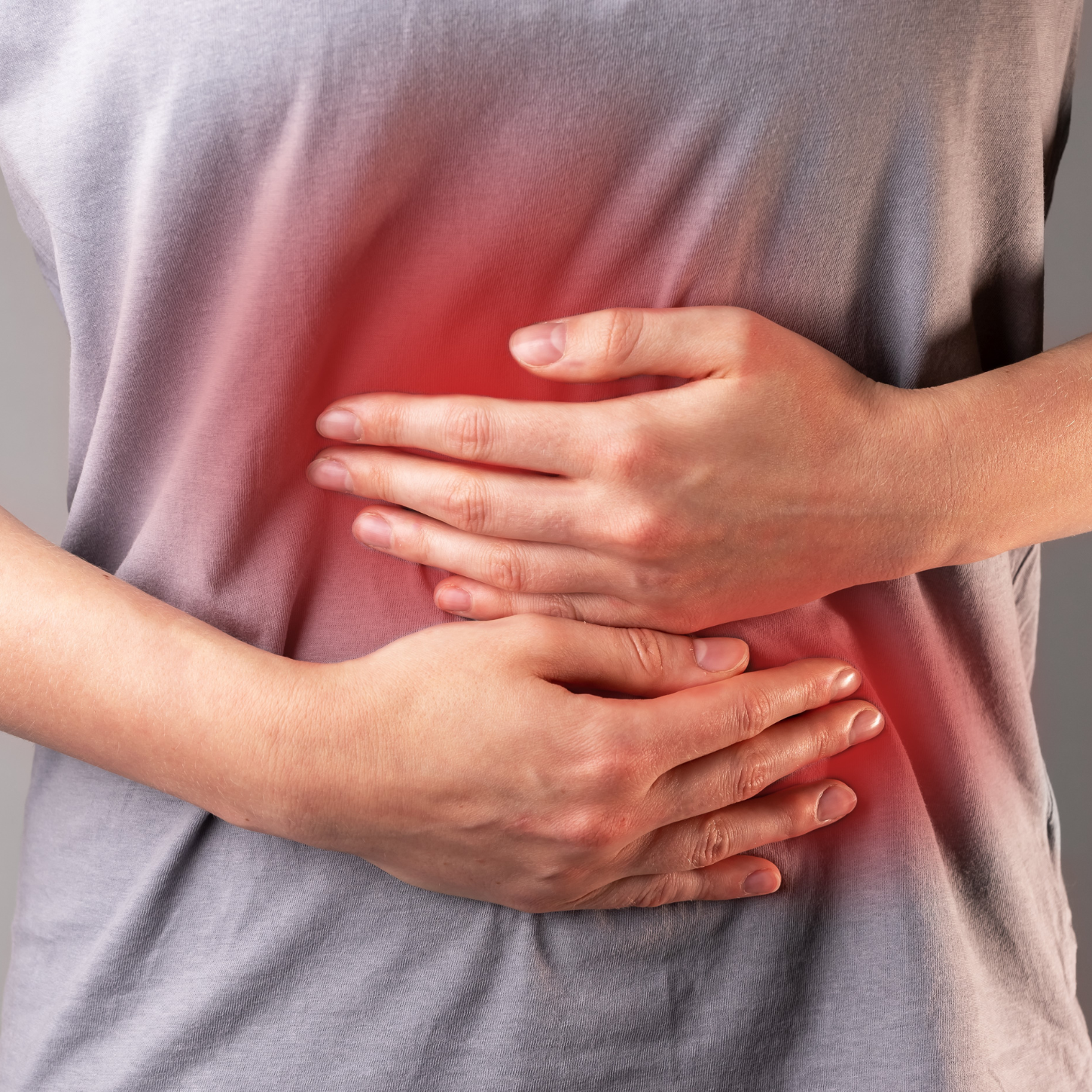Welcome back, gastritis sufferers! Now that we understand what we're up against, it's time for the really good stuff—the natural strategies that can help transform your angry, inflamed stomach into a peaceful, happy digestive sanctuary.
Imagine actually looking forward to meals again, rather than dreading the burning aftermath. Picture enjoying your favorite activities without that gnawing pain as your constant companion. These aren't pipe dreams—they're possibilities that await as we explore nature's remarkable gastritis-fighting arsenal.
From your kitchen and supplement cabinet to your daily routine, we're about to discover potent natural allies that don't just mask symptoms but actually help repair your damaged stomach lining, calm inflammation, and create an environment where healing thrives. The best part? Many of these remedies are delicious, simple to incorporate, and benefit your entire body—not just your stomach.
So grab that cup of soothing chamomile tea (yes, that's actually one of our remedies!), get comfortable, and let's explore how to transform your digestive health with the healing power of nature.
Table Of Contents:
Healing Foods for Gastritis: Nature's Delicious Medicine
The Power of Fiber
The most powerful way to soothe an inflamed stomach starts right on your plate. High-fiber champions like oats, apples, flaxseeds, and legumes create a protective gel-like barrier for your stomach lining while feeding your beneficial gut bacteria—a double win for gastritis sufferers!
Flavonoids
Colorful fruits (especially berries), leafy greens, green tea, and even a square of dark chocolate deliver powerful flavonoids—plant compounds that fight inflammation and provide antioxidant protection. Scientists have discovered that quercetin, a flavonoid abundant in apples, onions, and berries, may actually inhibit H. pylori growth while reducing inflammatory responses.
Probiotic Powerhouses
For additional gastritis-calming power, incorporate fermented foods like plant-based yogurt, sauerkraut, kimchi, kefir, and miso, which introduce beneficial bacteria that restore gut balance.

Anti-Inflammatory Foods
Round out your gastritis-healing menu with anti-inflammatory foods like omega-3-rich walnuts, chia seeds, and flaxseeds, golden turmeric, ginger, and olive oil. And don't forget those amazing brassica vegetables—cabbage, broccoli, kale, and Brussels sprouts—which support your microbiome in producing short-chain fatty acids and beneficial compounds that help restore your gut lining.
Foods to Limit or Avoid
Just as important as what to eat is what to avoid. These foods and beverages can irritate an inflamed stomach lining, potentially triggering pain and delaying healing:
- Spicy foods – contain capsaicin that stimulates sensitive nerve endings
- Acidic foods – citrus fruits and tomatoes can worsen inflammation for some people
- Alcohol – irritates the stomach lining and increases acid production
- Coffee and caffeinated beverages – stimulate excess acid production
- Carbonated drinks – distend the stomach and increase pressure
- Processed foods – preservatives and additives can trigger inflammation
- Fried, fatty foods – delay stomach emptying and require more digestive acids
For effective healing, identify and eliminate your personal trigger foods, including any suspected allergens or intolerances that may be worsening your gastritis symptoms.
The Small, Frequent Meals Approach
Rather than three large meals, many gastritis sufferers find relief with smaller, more frequent meals throughout the day. This gentle approach reduces pressure on the stomach wall, minimizes acid production, and allows for easier digestion. Avoid eating within 2-3 hours of bedtime to prevent nighttime discomfort and acid reflux.
Herbal Remedies: Nature's Gastritis Relief Kit
Soothing Stomach Protectors
Licorice Root (DGL)
Deglycyrrhizinated licorice (DGL) is a specialized form of licorice root with the compound glycyrrhizin removed to prevent side effects like high blood pressure. DGL is like your stomach's personal bodyguard. It creates a protective shield by boosting mucus production and fighting inflammation. Research shows it can even help in the fight against H. pylori.
Slippery Elm & Marshmallow Root
These herbs transform into a soothing gel when they meet water, creating a natural bandage over irritated stomach tissue. Their centuries-old reputation for calming digestive distress isn't just folklore—their mucilage compounds physically protect your sensitive stomach lining from further damage.
Inflammation Fighters
Chamomile
Chamomile isn't just your grandma's bedtime tea! Chamomile packs powerful anti-inflammatory and antispasmodic compounds that help relax your digestive tract while fighting H. pylori. Enjoy it as a tea for a dual-action approach: soothing your mind while healing your stomach.

Ginger & Turmeric
These kitchen spices are medicinal powerhouses! Beyond its well-established anti-nausea effects, ginger can protect against ulcers and reduce inflammation. Turmeric's curcumin compounds are so effective at reducing inflammation that research shows they rival pharmaceuticals. Research has also revealed curcumin's ability to protect against gastric damage and its potential role in treating H. pylori infection. Pro tip: Add black pepper to boost turmeric's absorption by up to 2000%!
Boswellia
This ancient resin (frankincense) is a powerful anti-inflammatory. It is particularly valuable for stubborn, chronic gastritis cases, as it helps break the inflammation cycle while supporting tissue repair.
Nature's Infection Fighters
Herbal Antimicrobials
When infections contribute to gastritis, consider nature's antimicrobials: goldenseal, cinnamon, garlic, and pomegranate all show activity against digestive pathogens. These botanical allies have demonstrated effects against various gastrointestinal pathogens while supporting your body's natural defenses.
Remember: quality matters with herbs! Consider working with a knowledgeable practitioner to create your personalized botanical healing protocol.
Nutritional Supplements
Research supports several supplements that may accelerate gastritis healing:
Probiotics: Look for multi-strain formulas with Lactobacillus, Bifidobacterium, and Saccharomyces in high CFU counts. These beneficial bacteria can help fight H. pylori infection while reducing inflammation.
Zinc carnosine: This specialized complex has been specifically studied for stomach healing, with research showing it stabilizes the gastric lining and promotes ulcer repair.
Vitamin C: Beyond immune support, studies reveal vitamin C may help inhibit H. pylori growth and enhance the effectiveness of standard treatments.
Mastic gum: Studies show this natural tree resin fights H. pylori bacteria while helping reduce stomach discomfort.
Lifestyle Changes for Gastritis Relief
Last but not least, your daily habits play a crucial role in gastritis healing. Stress directly worsens gastritis symptoms, so try proven techniques like meditation, deep breathing, or journalling to calm your digestive system. Getting good sleep helps reduce inflammation—keep regular sleep hours and aim for 7-8 hours of quality sleep per night. Most importantly, quit smoking, as it damages your stomach's protective lining and increases acid that irritates inflamed tissues.
Your Path to Gastritis Relief: Moving Forward
Ready to douse those gastritis flames for good? You don't need to resign yourself to a lifetime of discomfort or medication dependency! Nature's pharmacy offers an incredible array of healing allies— from anti-inflammatory foods and protective herbs to calming lifestyle practices—that work in harmony to not just mask your symptoms but truly transform your digestive health.
By becoming a detective of your unique triggers, embracing foods that actually love your stomach back, taming that daily stress dragon, and nurturing your whole-body wellbeing, you're crafting something powerful—a foundation for lasting relief and digestive peace.
That fire in your stomach can be tamed! And along this journey, you'll discover both nature's extraordinary healing wisdom and your body's remarkable ability to heal when given the right tools.














What Do You Think? Comment Below: